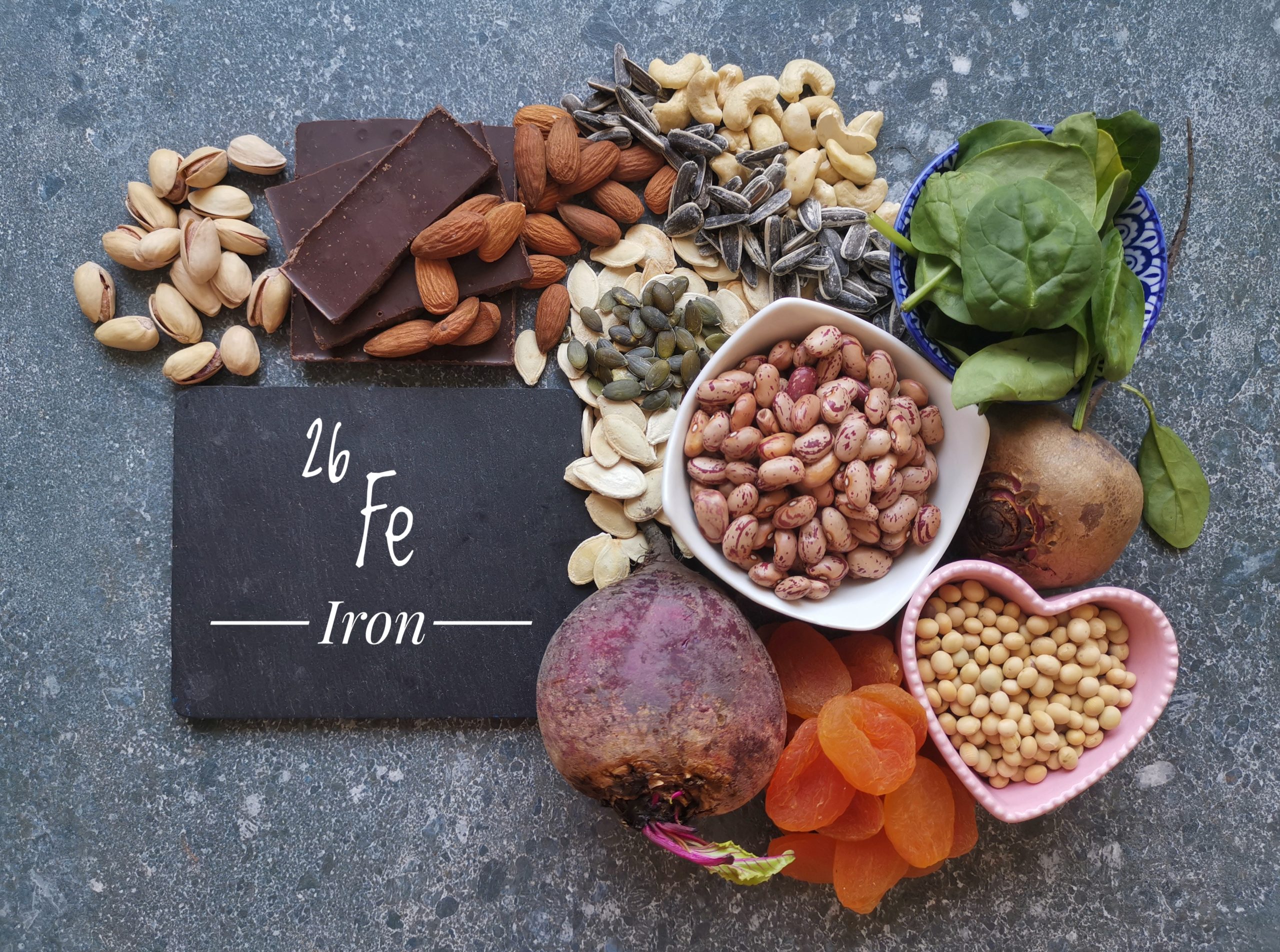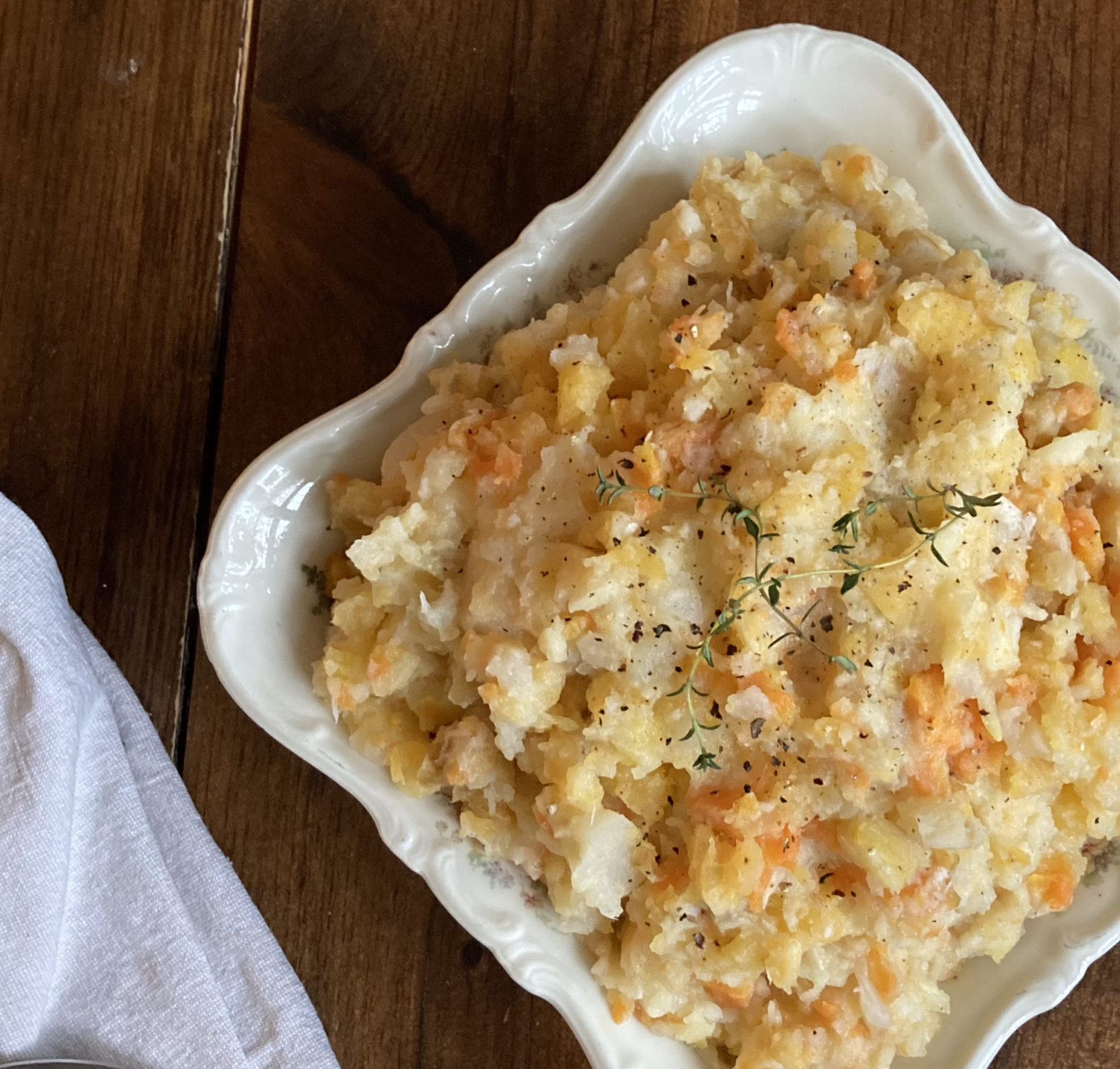Whole grains are grains that have not been stripped of valuable nutrients in the refining process (refined grains).
All whole-grain kernels contain three parts: the bran, germ, and endosperm.
The bran is the fiber-rich outer layer that supplies B vitamins, iron, copper, zinc, magnesium, antioxidants, and disease-preventing phytochemicals.
The germ is the core of the seed which is rich in omega-3 fatty acids, vitamin E, B vitamins, phytochemicals, and antioxidants.
And the endosperm is the interior layer that holds carbohydrates, protein, and B vitamins, and minerals.
There are many reasons why eating whole grains are beneficial to your health, here are just a few:
- Bran and fiber slow the breakdown of starch into glucose, which helps to maintain your blood sugar levels, preventing sharp spikes and dramatic.
- It moves waste through the digestive tract.
- It helps to prevent the formation of small blood clots that can trigger heart attacks or strokes.
- The phytochemicals and essential minerals such as magnesium, selenium and copper found in whole grains may protect against some cancers.
- Whole grains substantially lower total cholesterol, low-density lipoprotein (LDL, or bad) cholesterol, and triglycerides.
- Whole grains / Fiber lowers insulin levels, which helps to reduce the risk of and, in many cases, even contribute to reversing type 2 diabetes
- Whole grains decrease inflammation, and are an excellent source of prebiotic fiber, promoting a healthy gut microbiome.
Whole Grains
- Amaranth
- Barley.
- Brown rice.
- Buckwheat
- Bulgur (cracked wheat)
- Corn
- Kamut
- Millet
- Oats
- Quinoa
- Rye
- Sorghum
- Spelt
- Teff
- Triticale
- Wheat Berries
- Whole-wheat bread, pasta or crackers etc.
- Wild Rice
Gluten-Free Grains:
- Amaranth
- Buckwheat
- Corn/Maize
- Brown Rice
- Millet
- Oats (certified gluten-free only)
- Quinoa
- Sorghum
- Teff
- Wild Rice






